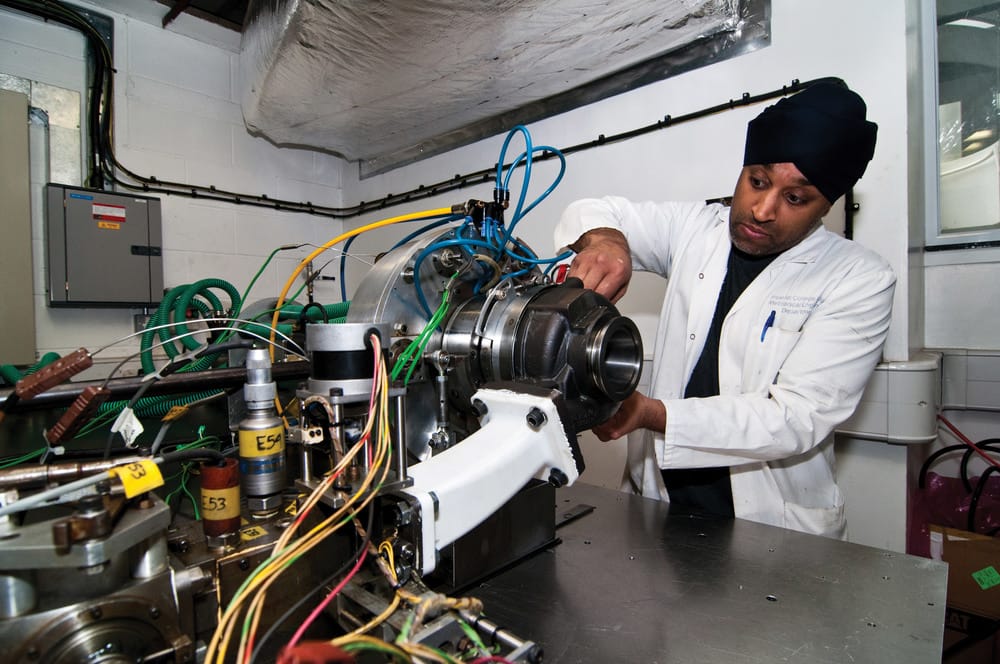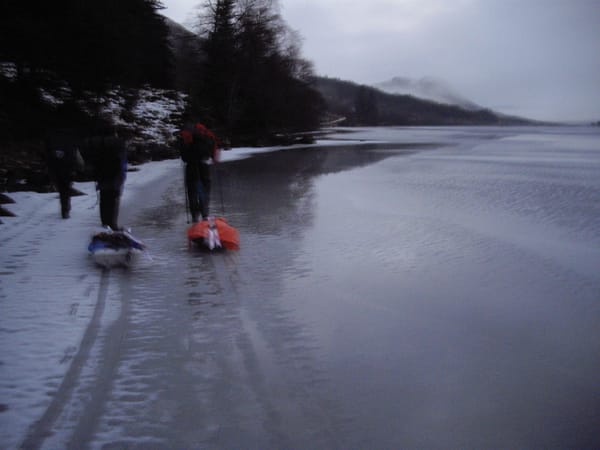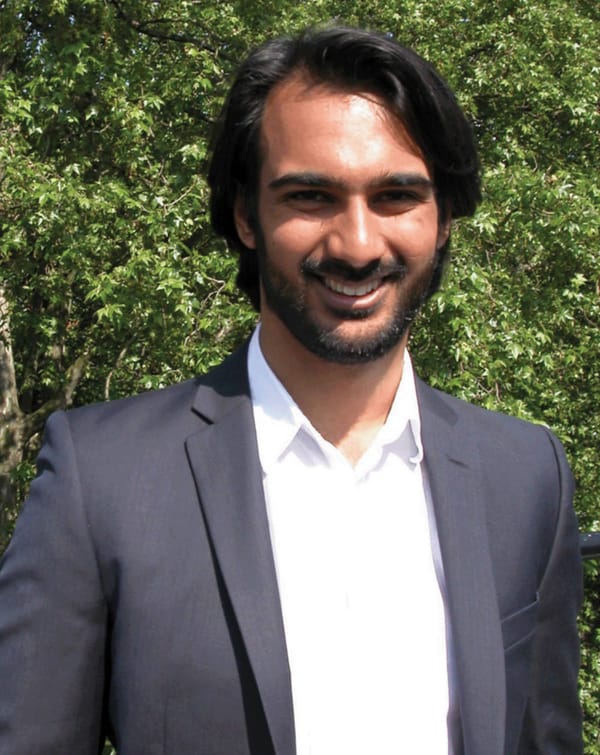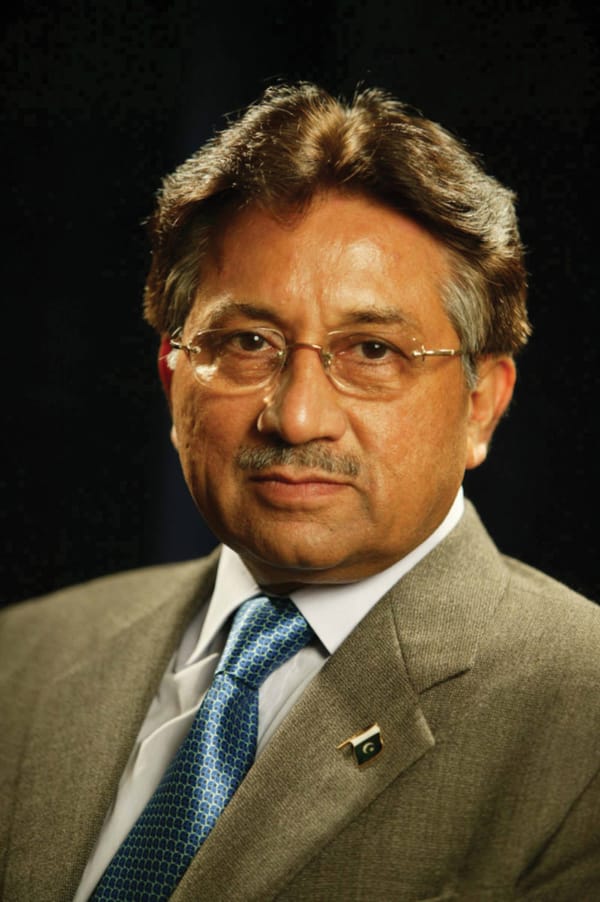Cuts to equipment funding
Funding for equipment costing between £10,000 and £121,000 will see a 50% cut

Research in engineering and science disciplines took another blow last week when it was announced that a second round of research budget cuts would be effective on research proposals submitted after 1st May 2011.
Following recommendations from the Wakeham review on higher education funding, funding for equipment costing above £10,000 will see a 50% cut, with universities expected to make up the difference. Equipment costing more than £121,000 is to be specially rationed across the country with a special committee set up to assess proposals.
The alternative that researchers are expected to take in order to cope with this change will be to make greater use of shared equipment. This particularly applies to larger-scale kit such as higher-resonance NMR machines (used by biochemists to acquire structural information about proteins) and synchrotron X-ray beamlines (used by physical chemists to acquire data on the assembled structures of molecular systems). In practice it is expected that increased sharing will involve additional travelling for many researchers, as well as decreased flexibility on which work can be done when.
The Engineering and Physical Sciences Research Council (EPSRC) is alone among funding councils in also implementing the cuts for proposals submitted before the 1st of May, saying that the “scale of the reduction in capital funding” necessiates “immediate action.”
A College spokesperson was confident that Imperial would be able to manage any difficulties that arise due to the cuts. “The College is currently undertaking an audit of equipment to identify where there may be opportunities to increase sharing of equipment across departments and campuses.” The spokesperson added that Imperial would continue to seek funding from other sources: “Future research funding may mean looking towards new sources of support, and the College is already quite entrepreneurial in this area, exploring opportunities in Europe and further afield, and with corporate partners”
Prof David McComb from the Materials department told Nature’s news blog that increased sharing of equipment would not always be appropriate: “For example, if a project requires access to X-ray diffraction or Raman spectroscopy facilities on a weekly or even daily basis, if these facilities are not available in the principal investigator’s institution how far is it reasonable to expect the researcher to travel to conduct the research?”
The Wakeham review is a five year-long programme (2011-2015) during which time cost savings are made by changes to budgeting for large equipment.









